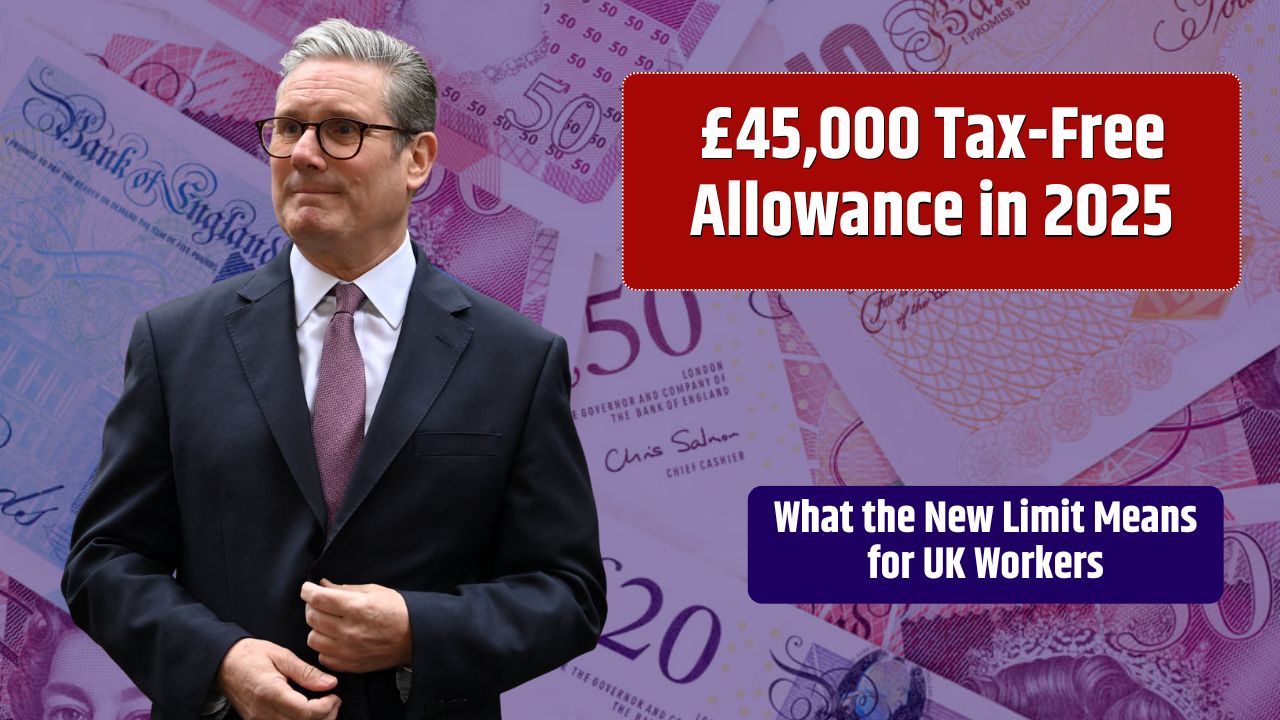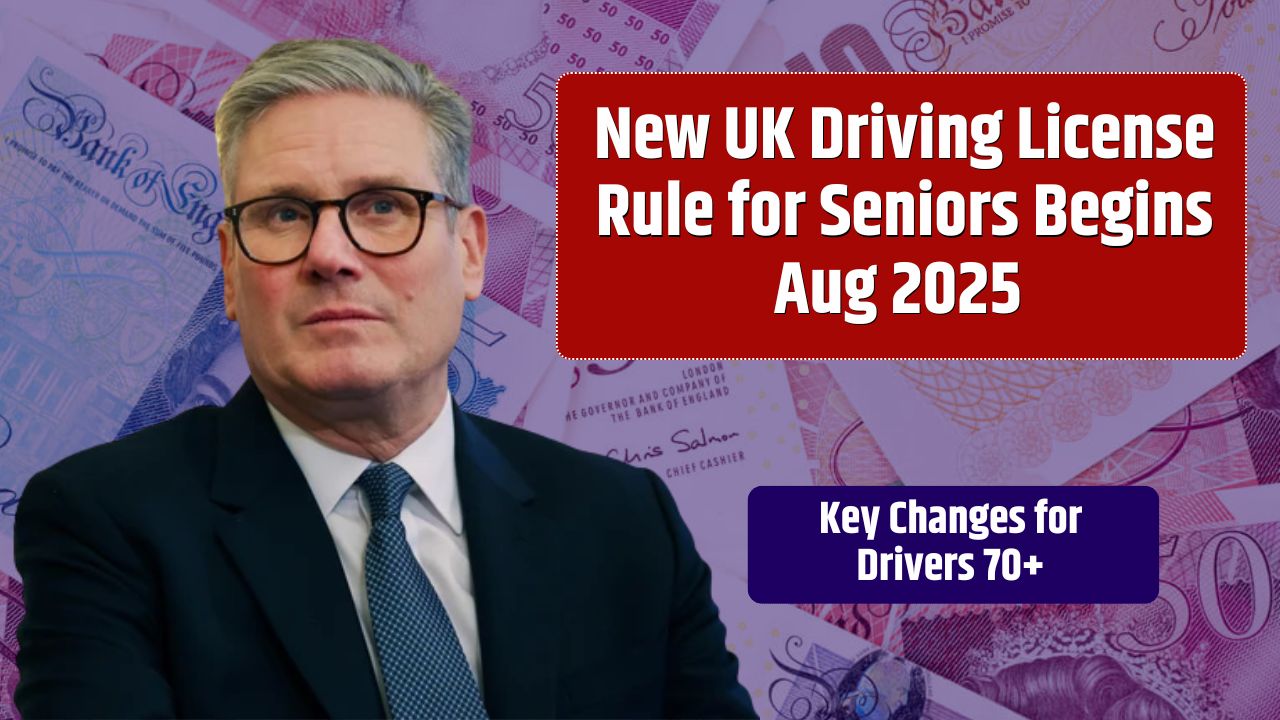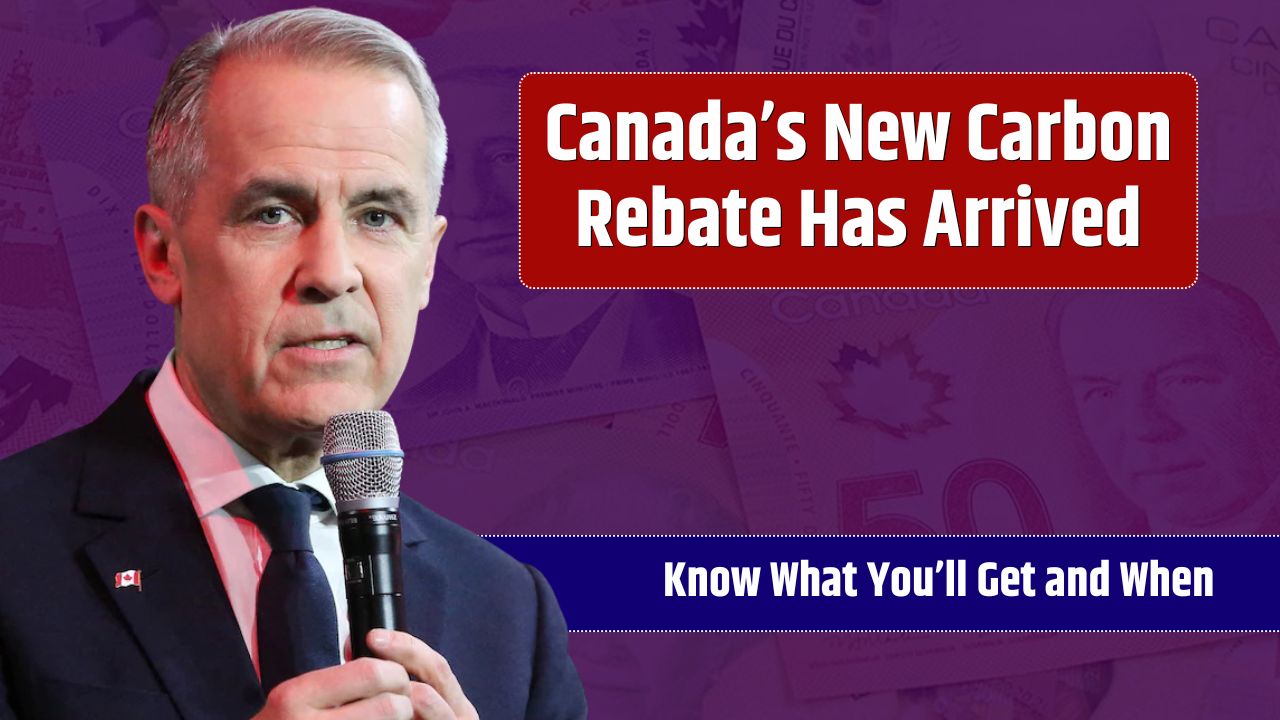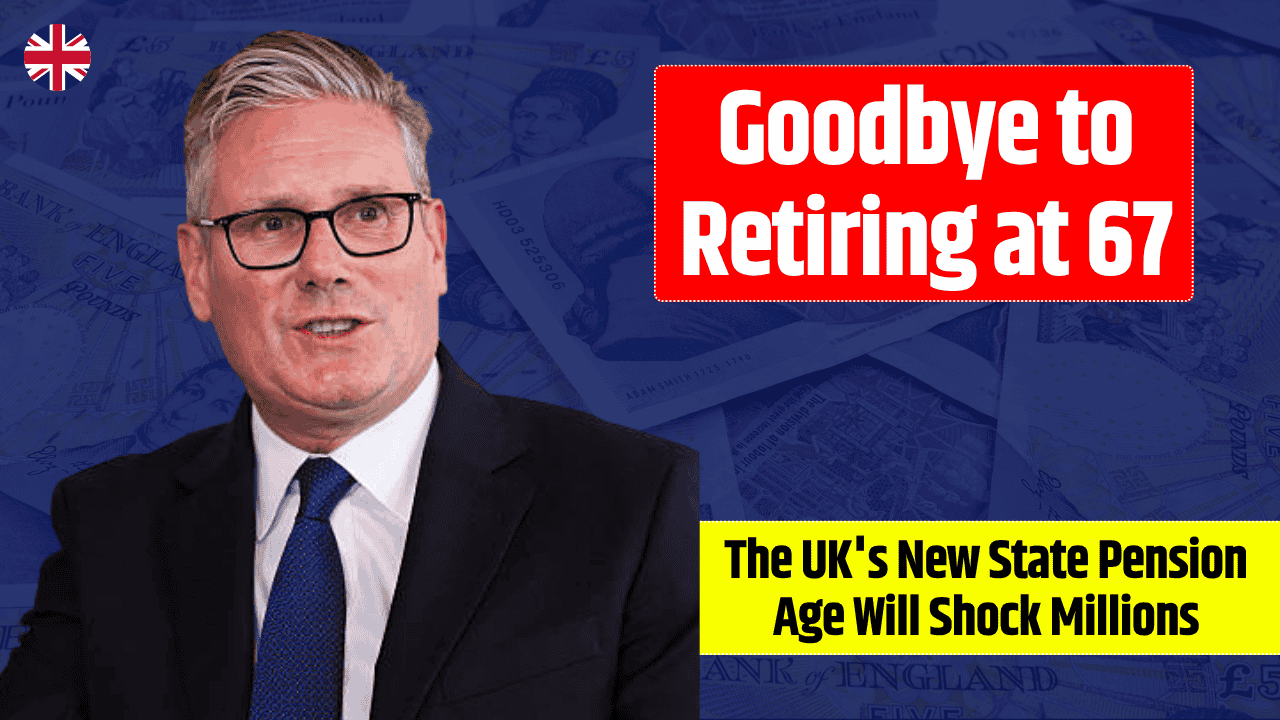The UK’s tax system is under renewed scrutiny — and this time, it’s the Personal Allowance that’s sparking heated debate. The Personal Allowance, currently frozen at £12,570, is the amount you can earn before paying any income tax. But with inflation outpacing wages, and more households facing financial strain, a bold proposal is gaining momentum: raising the Personal Allowance to £45,000.
Supporters say this move could reshape Britain’s tax landscape, offering significant relief for millions while redefining what’s considered a fair contribution.
Table of Contents
What Is the Personal Allowance?
The Personal Allowance is the threshold of income that’s exempt from income tax. As of 2025, it stands at £12,570 — a figure that’s been frozen since 2021 despite rising living costs.
Here’s how the current tax system breaks down:
| Income Band | Tax Rate |
|---|---|
| Up to £12,570 | 0% (Tax-free) |
| £12,571 to £50,270 | 20% (Basic) |
| £50,271 to £125,140 | 40% (Higher) |
| Over £125,140 | 45% (Additional Rate) |
Under the proposed reform, the Personal Allowance would triple to £45,000, meaning most earners would pay no income tax on the first £45K of their earnings.
Why Raise the Personal Allowance?
Advocates argue that the current tax threshold is outdated and regressive. In the face of:
- Rising energy bills
- High inflation
- Stagnant wage growth
- Unaffordable rents
…low and middle earners are feeling the pinch. By raising the Personal Allowance, households would retain more of their income — potentially boosting consumer spending and economic growth.
Even higher earners would benefit from this shift, with an extra £32,430 in tax-free income — reducing their overall tax burden, though they would still pay higher rates on earnings above £45,000.
Potential Benefits
The idea is bold, but it comes with wide-ranging benefits:
- More take-home pay for low- and middle-income earners
- Increased consumer spending to stimulate the economy
- Reduced reliance on state benefits due to higher net incomes
- Greater tax fairness, as it narrows the gap between salaried workers and those who can reduce tax via accounting strategies
Many believe that high earners and corporations often exploit legal tax loopholes, leaving average workers to bear the brunt of the tax system. Raising the allowance could rebalance the scales.
Possible Trade-Offs
The obvious downside is a potential drop in tax revenue. Income tax is a major source of funding for essential services like the NHS, education, and infrastructure.
However, supporters suggest that economic growth and increased tax compliance could help offset the initial losses. A better-off population may rely less on welfare services, and higher spending could boost VAT revenues.
Political and Fiscal Challenges
Despite growing public support, this proposal faces several hurdles:
- Fiscal responsibility concerns over lost revenue
- Opposition from policymakers who prioritize deficit reduction
- Inflationary risks, as more disposable income could fuel price rises
Still, with public sentiment shifting and household budgets tightening, there is a clear appetite for systemic tax reform.
Raising the Personal Allowance to £45,000 would mark a dramatic shift in how the UK taxes income. While it presents real fiscal and political challenges, it also offers a compelling path toward greater fairness, increased economic participation, and relief for millions struggling to keep pace with the cost of living.
Whether this proposal becomes law or remains a political talking point, it’s clear the current system is due for serious reconsideration.
FAQs
What is the current UK Personal Allowance?
It’s £12,570 — the amount you can earn before paying income tax.
Who would benefit from a £45,000 Personal Allowance?
Everyone earning under £45,000 would pay no income tax. Higher earners would still benefit from the larger tax-free threshold.
Would it reduce government revenue?
Initially, yes. But it could be offset by increased economic activity and reduced reliance on welfare.





















